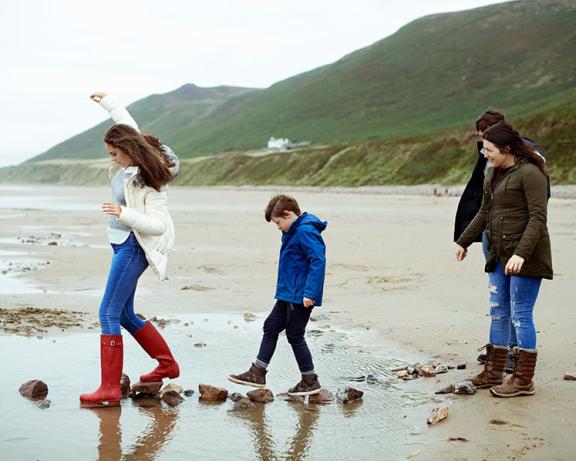Once we have completed your initial enquiry and an initial home visit has been carried out, a decision will be made to progress to Stage 1.
Both you and your allocated worker will sign an Assessment Stage 1 agreement outlining the process involved. During the Assessment Stage 1 a number of checks, required by the government under the fostering regulations, will be undertaken which includes:
- your local authority
- probation
- finance
- employment
- education
In addition to the above, we will complete personal references and education checks for your children. You will be expected to undertake a health assessment with your doctor. We will need to complete a Disclosure and Barring Service (DBS) check on you, your partner and any members of your household who are over 18 years old.
We will also agree on a timeframe for this work to be undertaken. You will be offered the opportunity to undertake Skills-to-Foster training at this stage.
Upon completion of Assessment Stage 1, you will be allocated a social worker to carry out an assessment of your background, life experiences and the qualities you would bring to fostering.
This is called Assessment Stage 2 of the fostering process. This will be reviewed halfway through by the principal social worker within the team to check any plans that need to be put into place.








